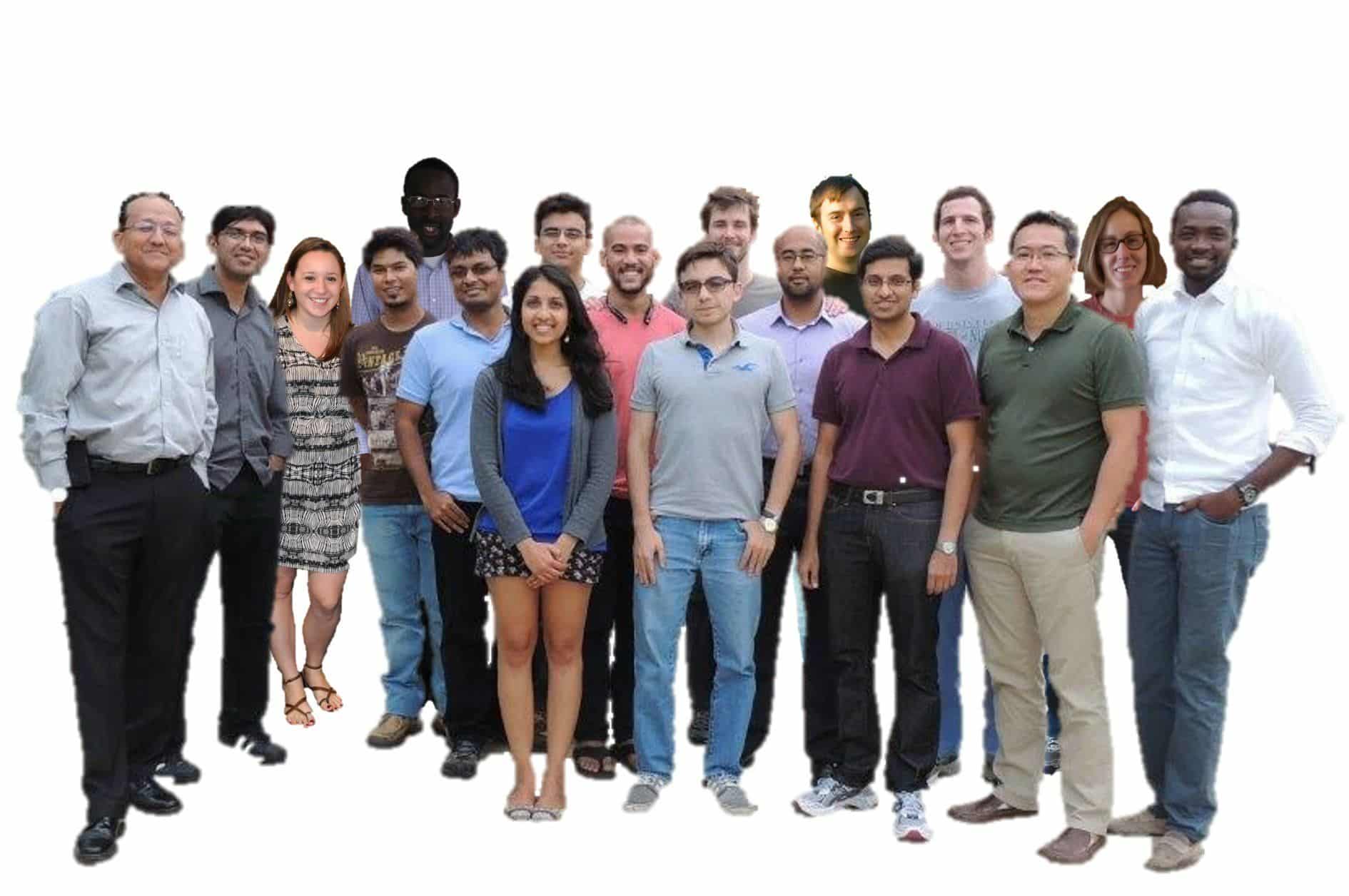The muscles in my jaw tighten first. It’s an old, familiar signal, a physical prelude to the moment a project begins to unravel. It happened again Tuesday. Dave, our senior director, leaned back in his ergonomic chair, a picture of relaxed authority on the video call. Someone from finance asked him about the Q4 integration timeline. A perfectly reasonable question. There was a pause, just long enough for a thoughtful sip of water. He looked directly into his camera and said, “We’re projecting full deployment by November 17th.”
November 17th wasn’t a projection; it was an act of spontaneous fiction.
“
A collective, silent inhale across seventeen different home offices. I felt it in my gut, the same sinking feeling I got last night when the acrid smell of smoke hit me from the kitchen. I’d been on another call, half-listening, half-typing, and my attention split in two places at once resulted in a blackened, inedible slab of what used to be chicken. The project Dave just committed to had that same smell. The smell of a small, unacknowledged error that will eventually permeate everything.
The Pressure to Perform
We don’t talk about this enough. We talk about strategy and execution and metrics, but we don’t talk about the immense, suffocating pressure to have an immediate response. We’ve built a corporate culture that mistakes speed for certainty. The inability to say “I’ll get back to you with an accurate figure” is treated like a fatal flaw, a public admission of incompetence. So instead, we get performative competence. We get confident-sounding guesses that become gospel the moment they leave a senior leader’s mouth. And entire teams are then tasked with the impossible job of turning fiction into fact.
A Foundation of Sand
This isn’t just about bad project management; it’s a deeply embedded business risk that actively stifles curiosity. When the reward is for the fastest answer, not the right one, there is no incentive to ask clarifying questions. There is no room for the exploratory process that leads to genuine understanding.
Bluff
Every confident bluff is a brick laid on a foundation of sand.
The initial plan seems solid, but as more weight is added-more features, more dependencies, a budget of, say, $777,000-the entire structure becomes terrifyingly fragile. One unexpected gust of reality, and it all comes crashing down.
My Own Experience
I remember criticizing this exact behavior for years. I’d sit in meetings, feeling that jaw-tightening certainty that we were building on a guess, and I’d silently judge the person who made the call. Then, about three years ago, I did it myself. I was in a high-stakes client presentation. The CIO, a woman with an intimidatingly calm demeanor, asked me for a specific data point about user churn on a legacy platform we were planning to sunset. I didn’t have it. My mind was a complete blank. A thousand scenarios flashed through my head in a nanosecond, most of them ending with me looking like a fool. So, I took a breath, looked her in the eye, and gave her a number that felt plausible. It was a guess. A complete fabrication. She nodded, made a note, and the meeting moved on. We won the contract. My number was never questioned, and by pure, dumb luck, it turned out to be close enough not to cause any problems. I got away with it. And it felt worse than any public failure I’ve ever experienced.
“
That one moment of intellectual dishonesty haunted me for months.
It proved to me that the pressure is a universal solvent; it can dissolve even the strongest principles if you aren’t prepared for it. The system encourages it. The fear of looking unprepared is more potent than the fear of being wrong later.
Miles P. and The Creative Void
I brought this up once with a man named Miles P., a mindfulness instructor a former company hired to help our engineering teams with burnout. Miles was an interesting character; he looked less like a serene guru and more like a retired roadie for a 70s rock band. In our first session, with 47 skeptical engineers, he didn’t talk about meditation or breathing. He asked, “What is the most creative space you can occupy?” We offered the usual answers: brainstorming sessions, whiteboarding, moments of inspiration in the shower. He just smiled. “No,” he said.
He argued that the moment someone asks you a question you can’t answer, you’ve been given a gift: a defined boundary of your current perception. It’s a signpost pointing directly to an area for growth. Rushing to fill that space with a guess is an act of intellectual vandalism. You’re essentially paving over fertile ground with cheap asphalt. What if, instead, we treated that moment as sacred? A pause. A breath. The quiet, powerful declaration: “I don’t have that information right now, and I’m excited to go find it.” That reframes the gap from a personal failing to a collective opportunity for discovery.
The Imperative for Discovery
The challenge, of course, is that discovery takes time. To find the real answer, someone has to go digging. A colleague of mine was recently put in this exact position. She was tasked with validating a claim made by a VP in a board meeting. It required her to synthesize information from 27 different quarterly reports, a handful of market analyses, and a 137-page user research study. The pressure to just find a single sentence that supported the VP’s claim was immense. She felt the walls closing in, the sheer volume of text an insurmountable obstacle. The modern workplace bombards us with so much data that finding the truth feels like a punishment. She was complaining about having to sacrifice her entire weekend just to read, and I remember thinking how much easier it would be if she could just listen to the documents. It would be a game-changer if some sort of ia que le texto could process those reports while she was driving or making dinner, turning a mountain of static text into a digestible flow of information. It would transform the task from a frantic search into a more manageable process of absorption.
The Cost of Incorrect Assumptions
Projects Compromised
Time & Resources
An internal study surveyed 237 employees, finding that 87% pointed to a specific instance where a project was significantly delayed or compromised due to confidently incorrect initial assumptions.
This isn’t a soft-skilled, nice-to-have cultural tweak. It’s a bottom-line imperative. Those delays aren’t just frustrating; they represent millions in wasted payroll, lost market opportunities, and eroded team morale. Each time a leader bluffs to save face in a meeting, they are taking out a high-interest loan against their team’s time and energy. And that debt always comes due.
Untangling Authority and Omniscience
We need to untangle the concepts of authority and omniscience. A leader’s job is not to possess all the answers, but to create an environment where the right answers can emerge and be recognized, regardless of who they come from. That requires a culture of psychological safety where admitting a gap in one’s awareness is not only accepted but encouraged. It requires celebrating the person who prevents a mistake over the person who projects unwavering confidence.
The corporate world is full of people frantically trying to furnish empty rooms. Maybe the better work is to simply step outside and start walking through the open fields.


